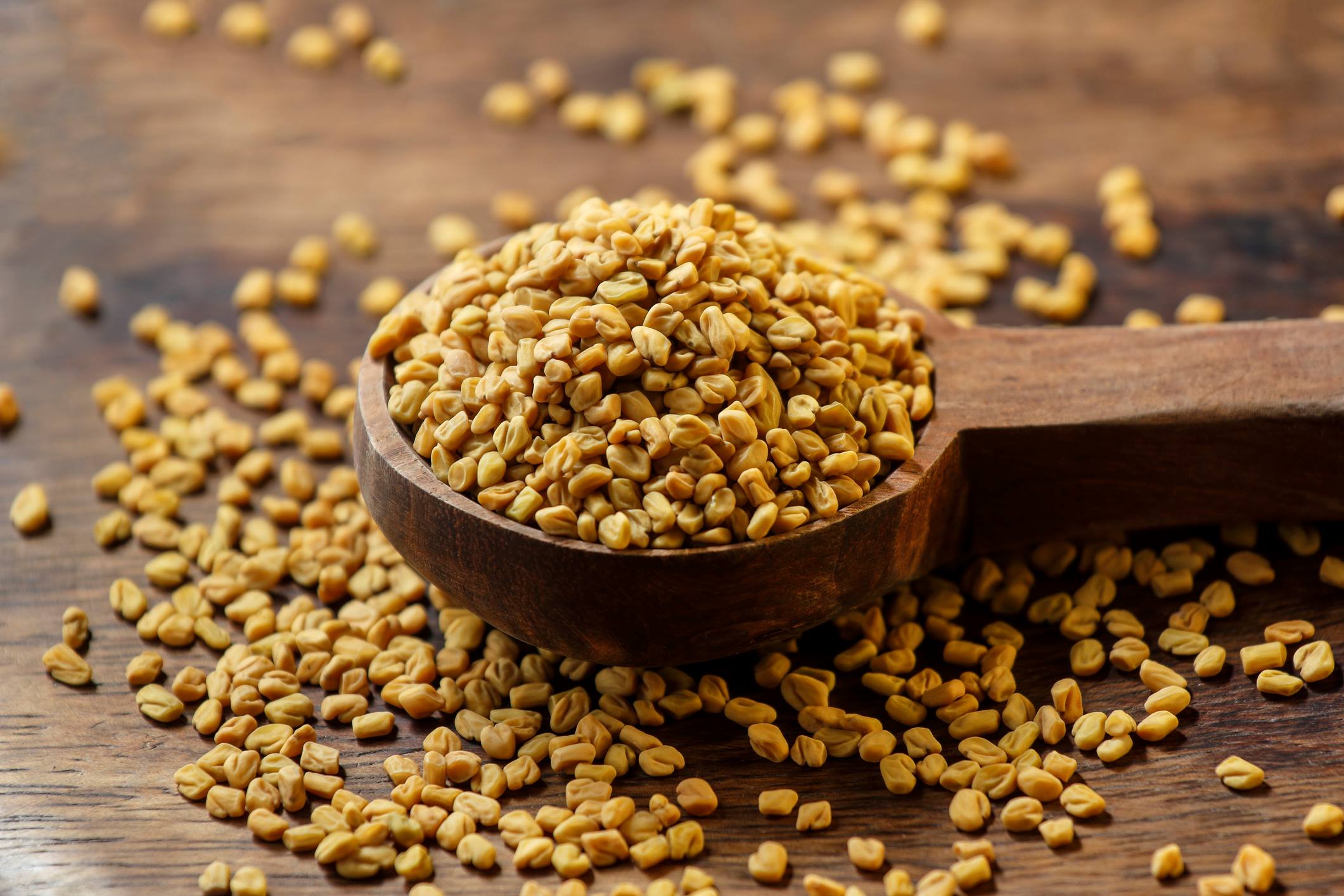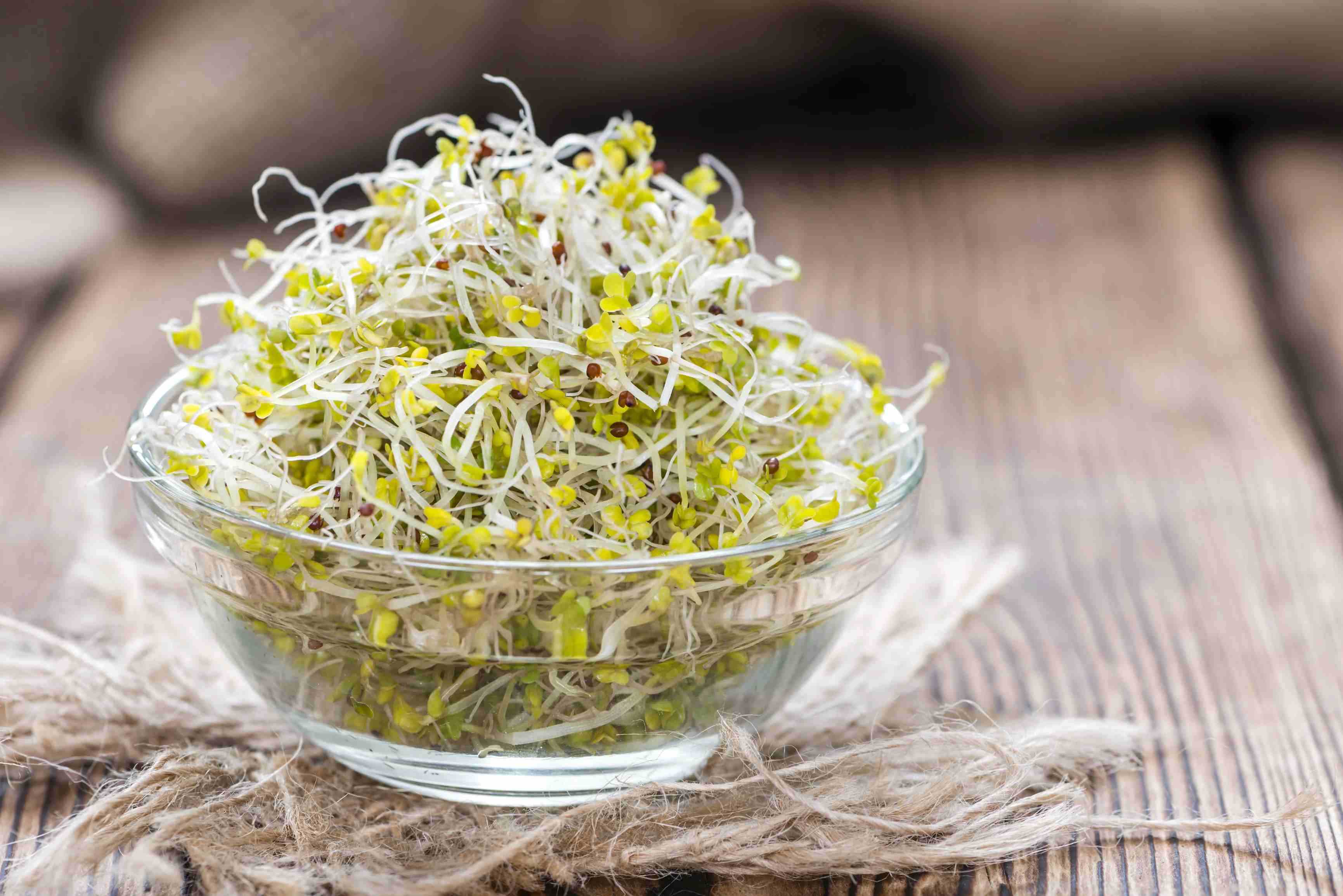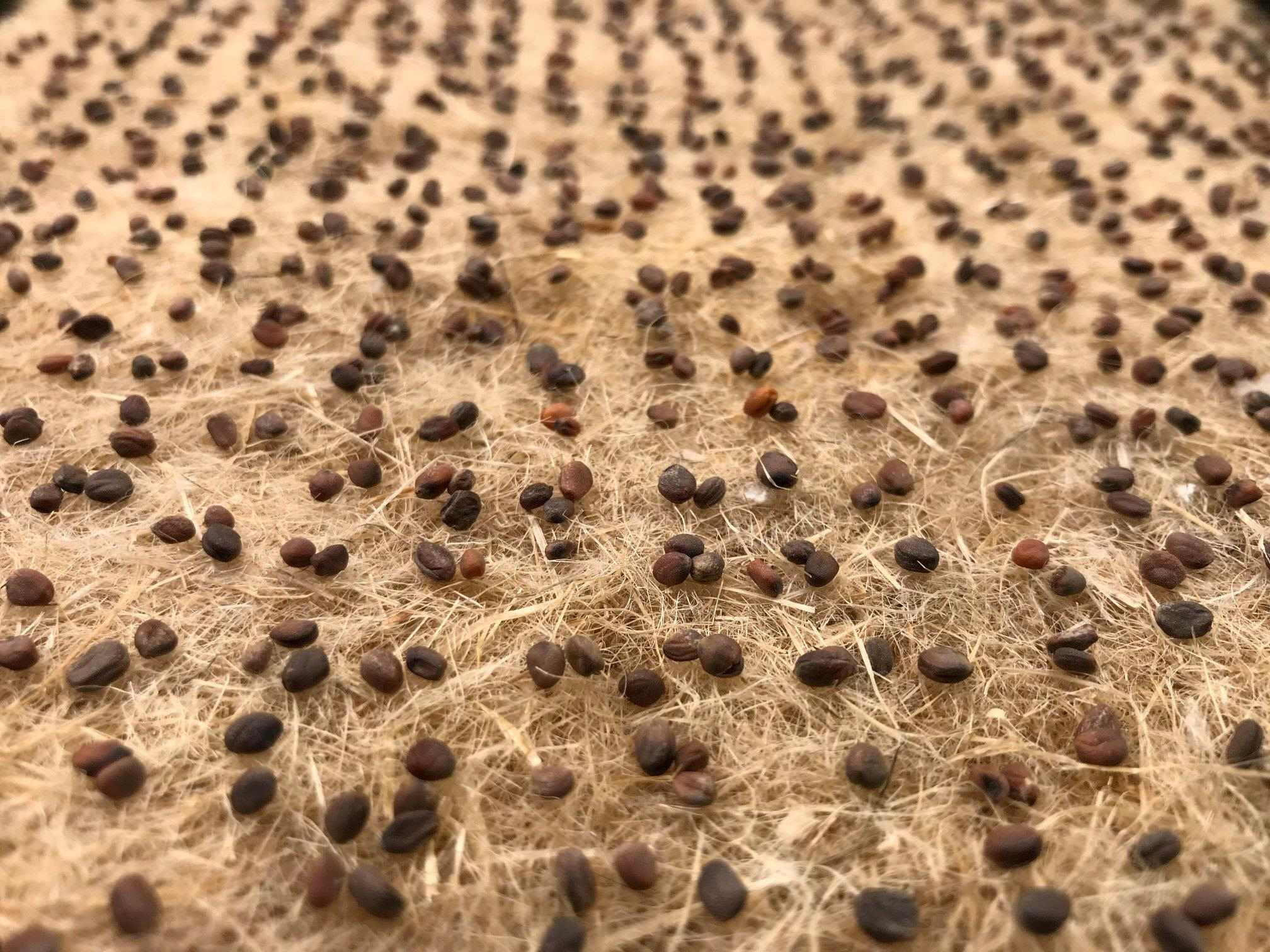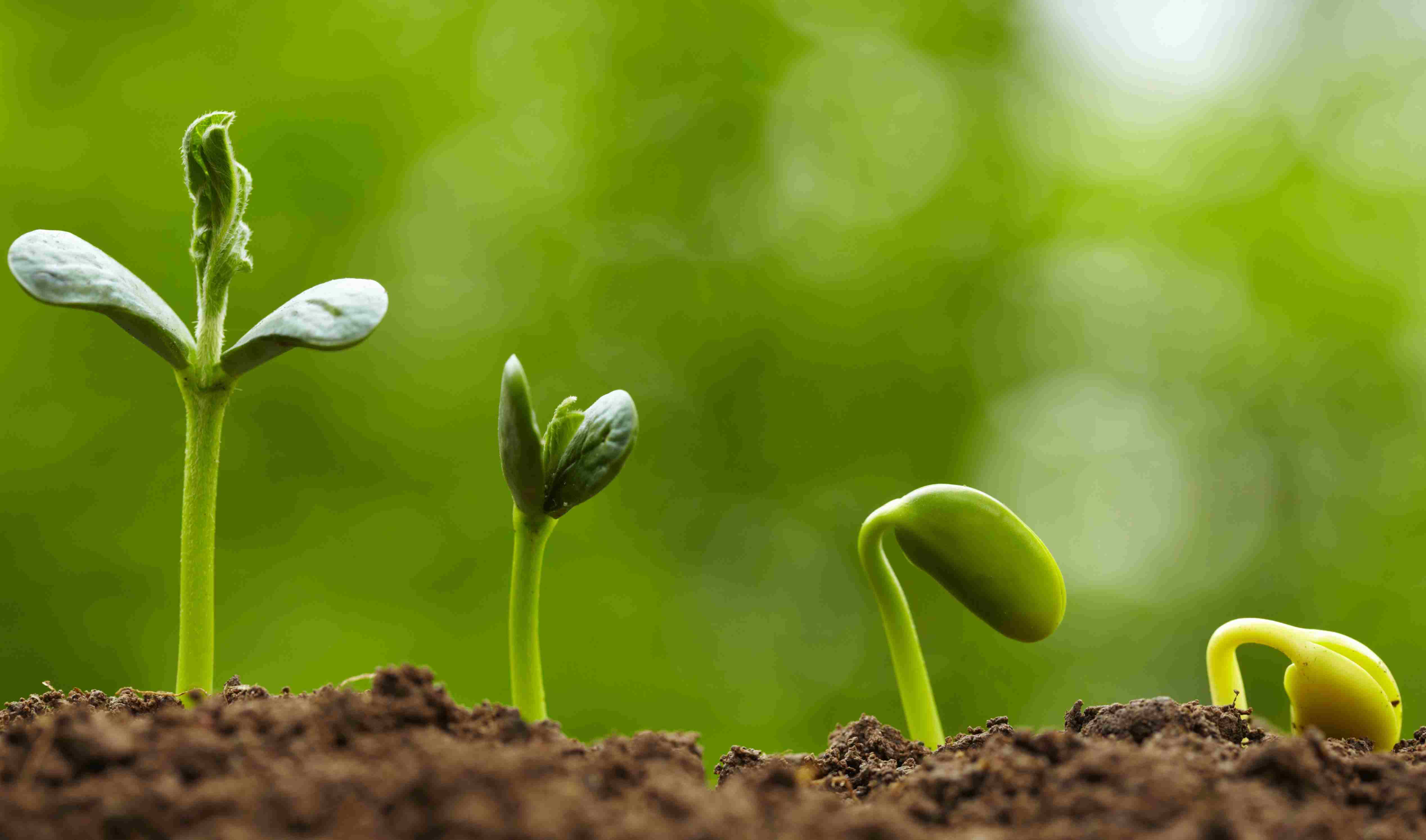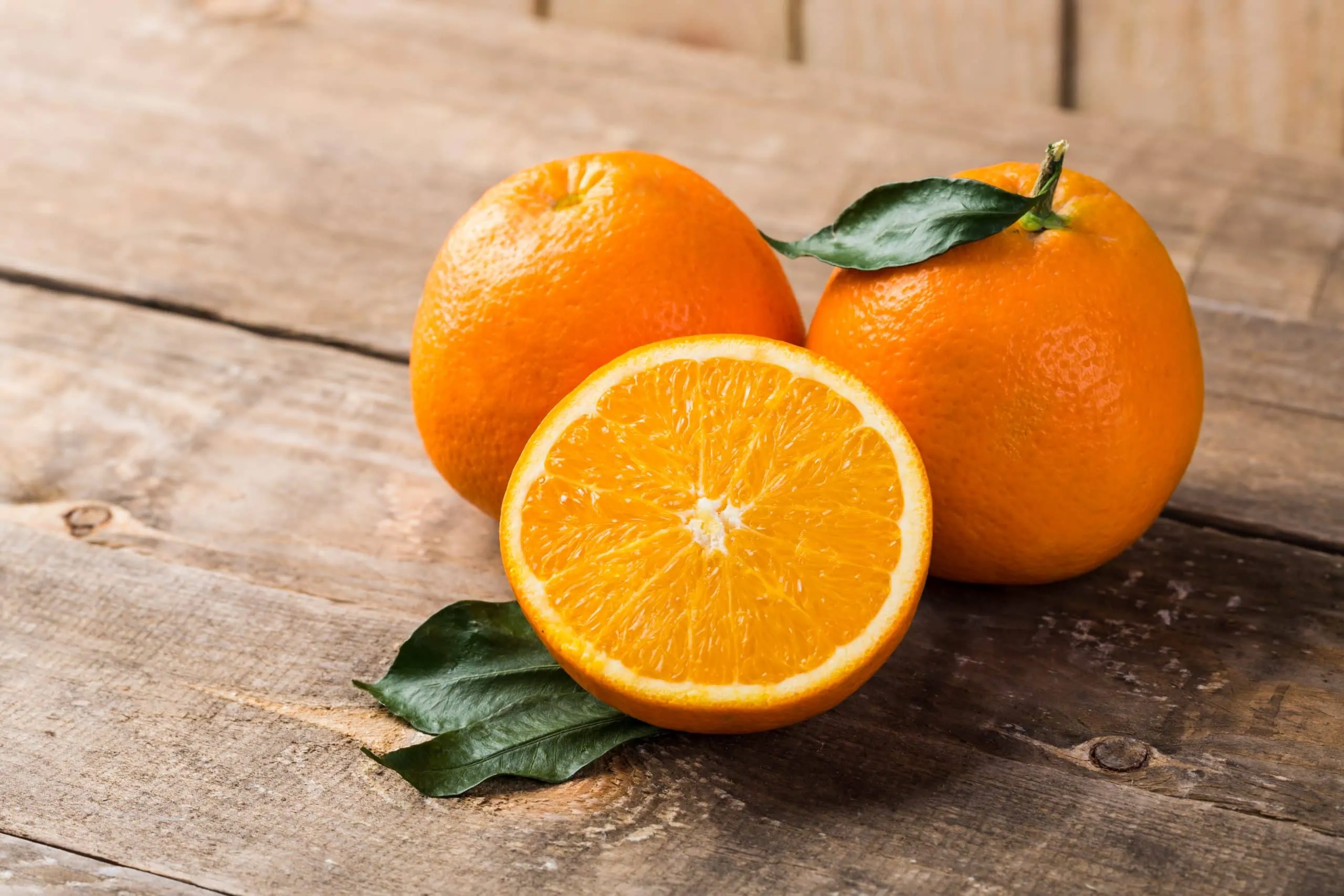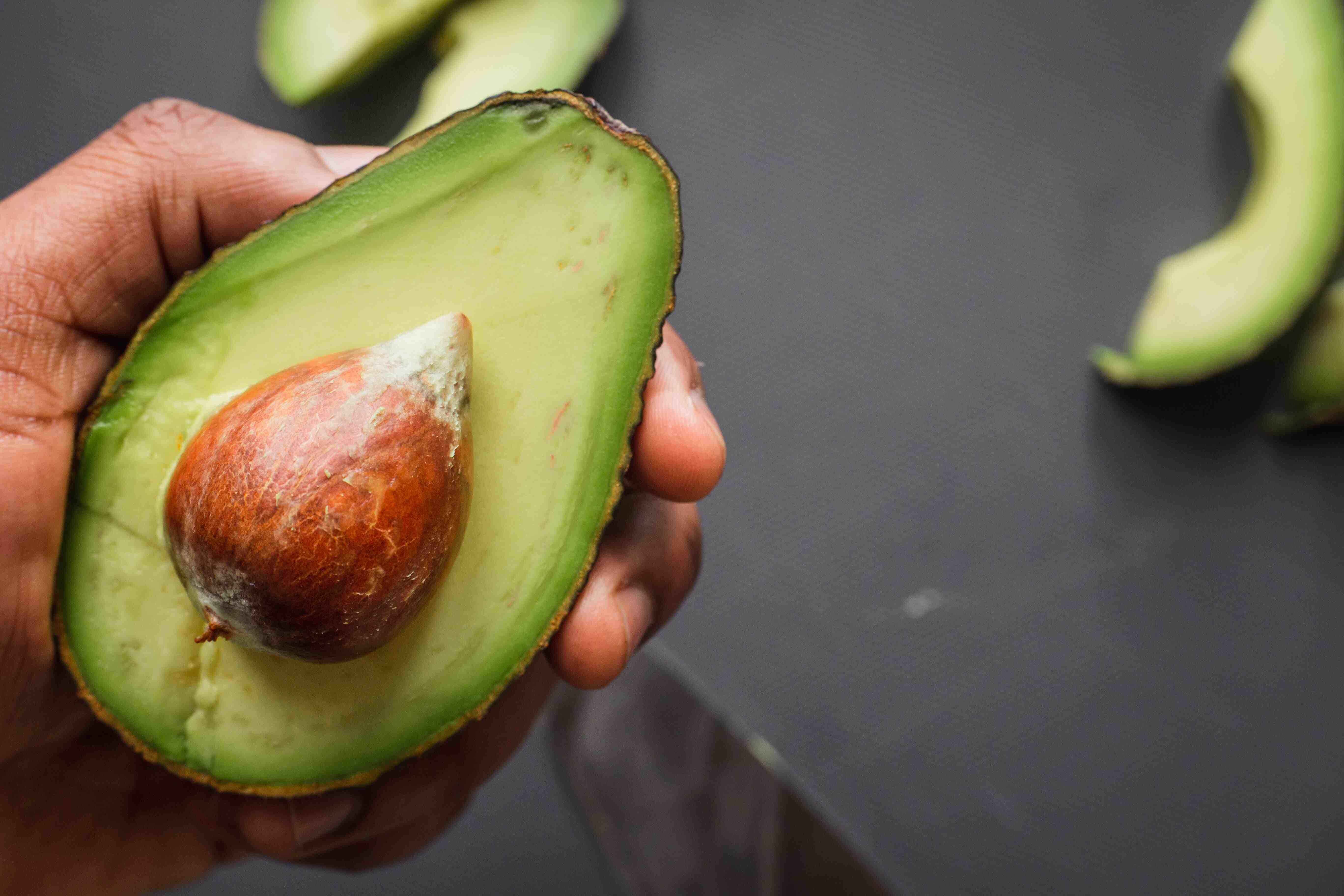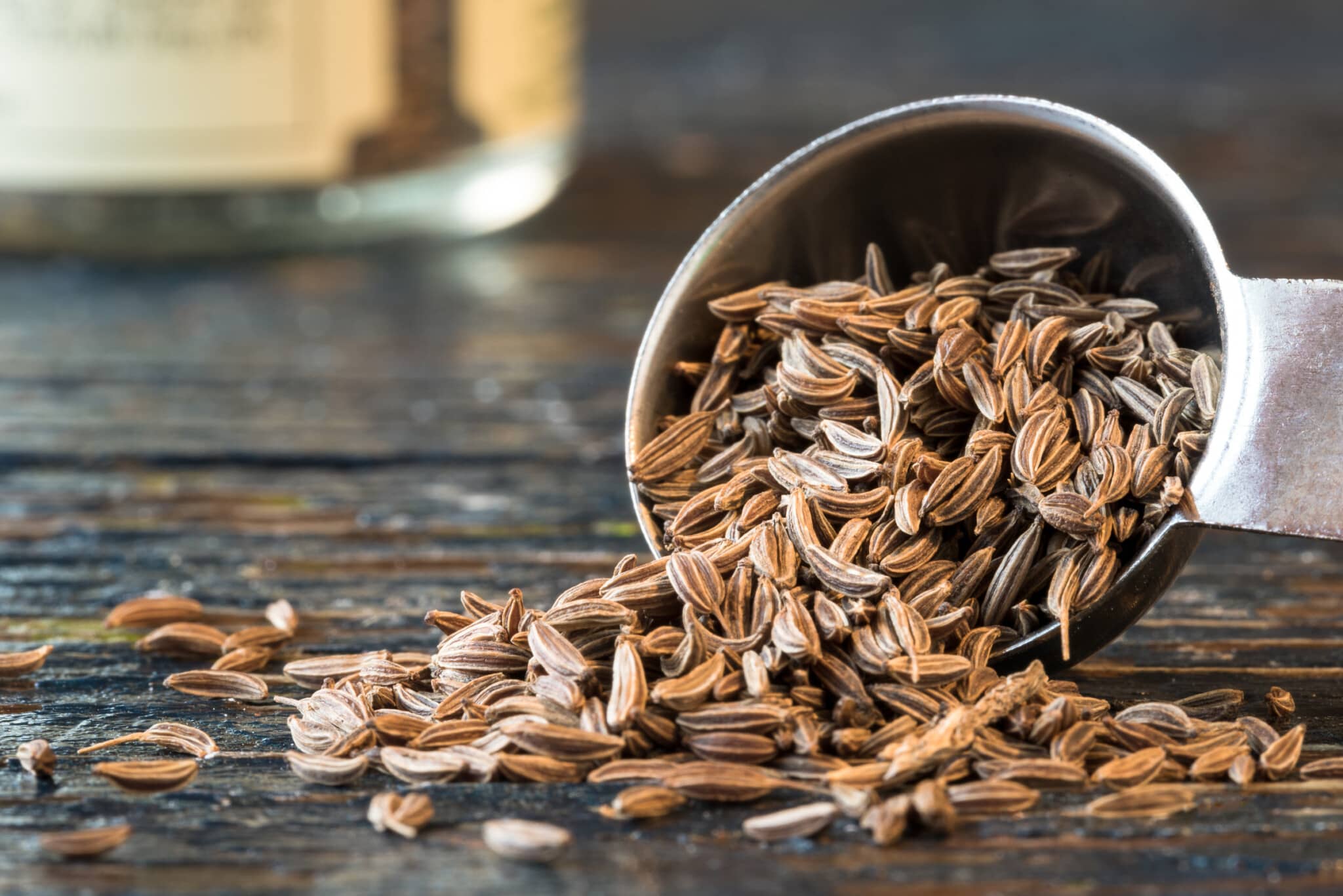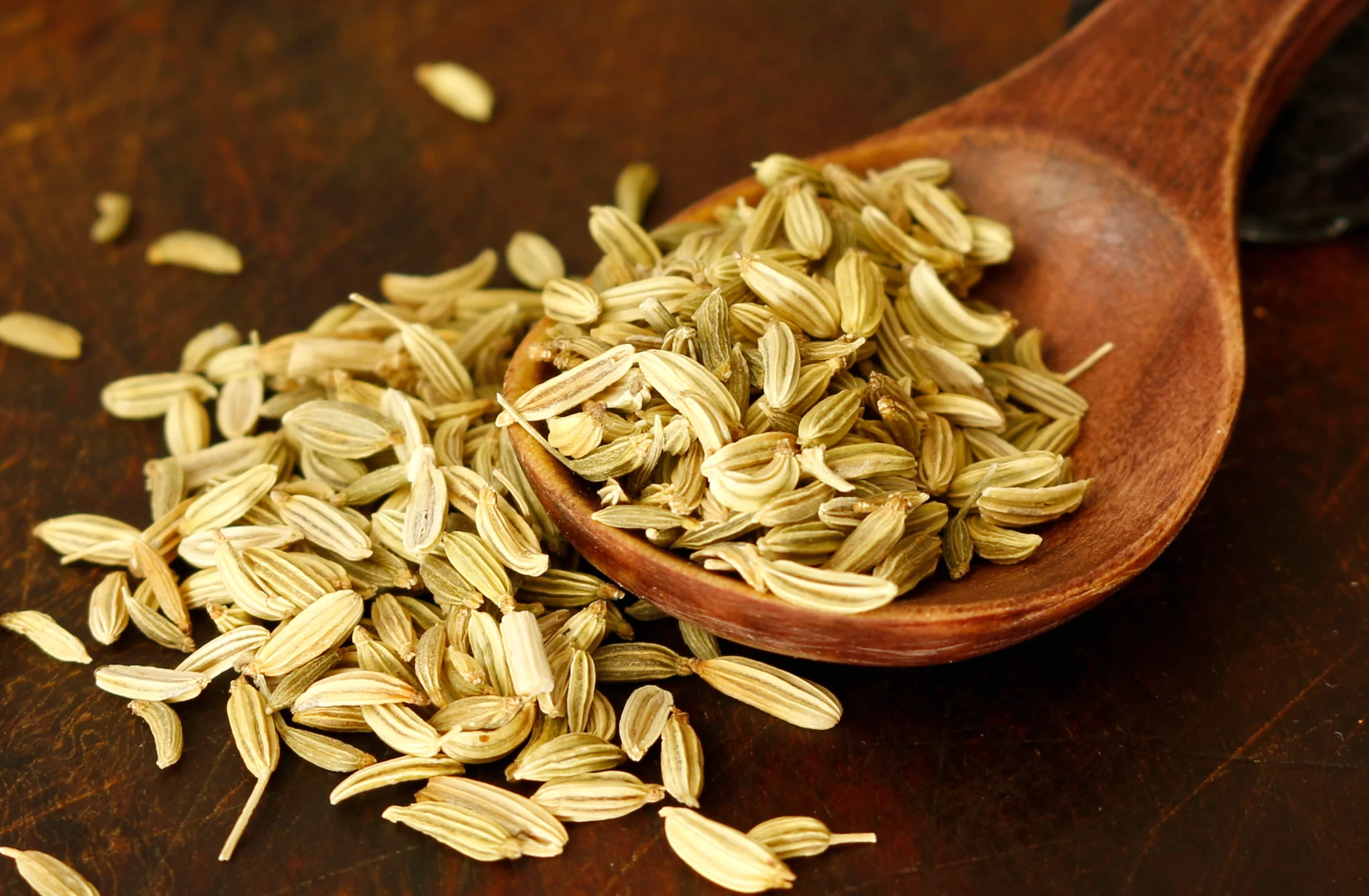Home>Gardening Tips and Tricks>Eco-Friendly Gardening>What Are Non-GMO Seeds
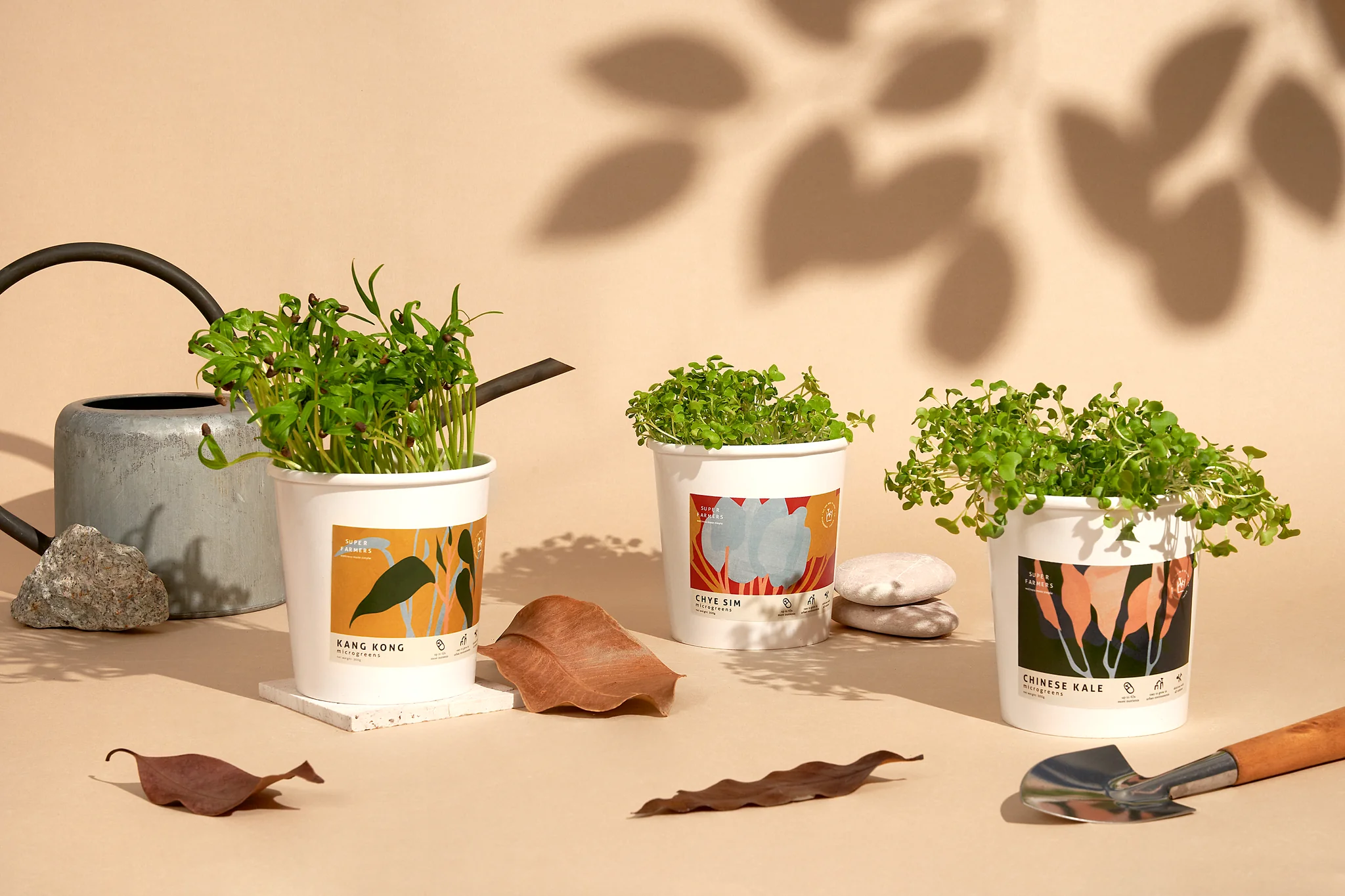

Eco-Friendly Gardening
What Are Non-GMO Seeds
Modified: January 22, 2024
Discover the benefits of using non-GMO seeds for eco-friendly gardening. Learn how these seeds promote biodiversity and sustainable gardening practices.
(Many of the links in this article redirect to a specific reviewed product. Your purchase of these products through affiliate links helps to generate commission for Chicagolandgardening.com, at no extra cost. Learn more)
Table of Contents
Introduction
Welcome to the world of eco-friendly gardening! In today’s rapidly changing world, people are becoming increasingly aware of the importance of sustainability and conservation. As a result, practices like eco-friendly gardening have gained popularity. One of the key aspects of eco-friendly gardening is the use of non-GMO seeds.
Non-GMO seeds, or non-genetically modified organism seeds, are seeds that have not been genetically altered or modified in any way. They are harvested from plants that have been grown using natural, traditional breeding methods. These seeds are becoming increasingly sought after by home gardeners and farmers alike, as they offer a range of benefits.
So, what exactly makes non-GMO seeds so special? And why should you consider using them in your garden? This article will delve into the world of non-GMO seeds, exploring their benefits, the differences between non-GMO and GMO seeds, how to identify non-GMO seeds, and the significance of non-GMO seeds in agriculture. Whether you’re a seasoned gardener or just starting out, understanding the importance of non-GMO seeds can help you make more informed choices for a sustainable and eco-friendly garden.
Join us as we explore the fascinating world of non-GMO seeds and discover how they can contribute to a greener and healthier planet.
What are Non-GMO Seeds?
Non-GMO seeds, also known as non-genetically modified organism seeds, are seeds that have not undergone any genetic modification or engineering. These seeds are produced through traditional breeding methods, where plants with desirable traits are cross-pollinated to create new varieties.
In contrast, genetically modified organisms (GMOs) are created through the manipulation of an organism’s DNA, often by introducing genes from other species. This genetic manipulation is done to confer specific traits, such as resistance to pests or tolerance to herbicides.
Non-GMO seeds are favored by many gardeners and farmers because they represent a more natural and traditional approach to cultivation. By using non-GMO seeds, gardeners can grow plants that are closer to their original, unaltered form, preserving genetic diversity and ensuring the integrity of the plant’s traits.
One key characteristic of non-GMO seeds is their ability to produce plants that are more resilient and adaptable to their environment. These seeds have evolved naturally over time, allowing them to develop strong defense mechanisms against pests and diseases. As a result, non-GMO plants are often healthier and require fewer chemical interventions.
Another important aspect of non-GMO seeds is their impact on the environment. By choosing to grow non-GMO plants, gardeners can reduce their reliance on synthetic pesticides, herbicides, and fertilizers. This leads to less pollution in soil, water, and air, as well as a decreased risk of harmful chemicals entering the food chain.
Furthermore, non-GMO seeds play a vital role in promoting biodiversity. By utilizing a wide range of non-GMO seed varieties, gardeners and farmers help maintain diverse ecosystems, support pollinators, and preserve endangered plant species. This, in turn, ensures the long-term sustainability of our agricultural systems and the overall health of our planet.
Now that we understand what non-GMO seeds are and their importance, let’s explore the many benefits they offer and how they compare to GMO seeds.
Benefits of Non-GMO Seeds
Choosing to grow plants from non-GMO seeds offers a plethora of benefits for both gardeners and the environment. Let’s explore some of the key advantages:
- Preserving Genetic Diversity: Non-GMO seeds allow for the preservation of natural genetic diversity. By cultivating a wide variety of non-GMO plants, gardeners can help maintain biodiversity and protect against the loss of valuable genetic resources.
- Healthier Plants: Non-GMO plants are often healthier and less susceptible to pests and diseases. By growing plants from non-GMO seeds, gardeners can reduce the need for chemical interventions and create a more natural and sustainable growing environment.
- Consumer Safety: Non-GMO seeds help ensure consumer safety by providing a transparent choice for those who prefer to avoid genetically modified foods. By growing their own non-GMO produce, gardeners have control over the quality and safety of the food they eat.
- Environmental Protection: Growing non-GMO crops reduces the reliance on synthetic pesticides, herbicides, and fertilizers. This leads to less pollution, improved soil health, and a healthier ecosystem overall.
- Taste and Nutritional Value: Many gardeners and consumers believe that non-GMO fruits, vegetables, and herbs offer superior taste and nutritional value compared to genetically modified varieties. Non-GMO seeds allow for the cultivation of flavorful and nutritious produce.
- Supporting Sustainable Agriculture: By using non-GMO seeds, gardeners and farmers contribute to a more sustainable agricultural system. This includes supporting organic farming practices, promoting soil conservation, and reducing the reliance on genetically modified crops.
These are just a few of the many benefits that non-GMO seeds provide. By choosing non-GMO seeds for your gardening endeavors, you not only create a healthier and more sustainable environment, but you also take an active role in promoting biodiversity, consumer safety, and the preservation of our natural resources.
Non-GMO Seeds vs. GMO Seeds
Non-GMO seeds and GMO seeds represent two distinct approaches to plant breeding and cultivation. Understanding the differences between these two types of seeds is crucial for making informed choices in your garden. Let’s explore the key distinctions:
Genetic Alterations: Non-GMO seeds are produced through conventional breeding methods, such as cross-pollination. The genetic makeup of non-GMO seeds remains unchanged, allowing for the preservation of natural traits and genetic diversity. On the other hand, GMO seeds undergo genetic engineering, where specific genes from other species are introduced into the plant’s DNA, altering its characteristics.
Pest and Disease Resistance: Non-GMO seeds rely on natural evolution to develop their resistance to pests and diseases. They have evolved alongside their natural predators, allowing for a balanced coexistence. GMO seeds, on the other hand, are genetically engineered to express resistance to specific pests or diseases, often resulting in a reliance on chemical interventions.
Environmental Impact: Non-GMO seeds have a lower environmental impact compared to GMO seeds. By using non-GMO seeds, gardeners can reduce the use of synthetic pesticides and herbicides, resulting in improved soil health, water quality, and overall ecosystem balance. GMO seeds, on the other hand, may contribute to the development of pesticide-resistant pests and the loss of biodiversity.
Ethical Concerns: GMO seeds raise ethical concerns regarding patenting and the concentration of control within the seed industry. GMO seeds are often patented by seed companies, leading to restrictions on seed saving and the dependency of farmers on purchasing new seeds every planting season. Non-GMO seeds, on the other hand, can be saved and replanted, allowing for greater independence and seed sovereignty.
Regulatory Oversight: GMO seeds are subject to regulatory oversight in many countries, with mandated safety assessments and labeling requirements. Non-GMO seeds, although not subject to the same level of regulation, are often supported by non-GMO labeling initiatives and third-party certifications to ensure transparency and consumer choice.
It is important to note that the debate surrounding GMO seeds and their impact on human health and the environment is ongoing. While proponents argue that GMO seeds are essential to address global food security and agricultural challenges, critics raise concerns about potential long-term effects and unintended consequences.
Ultimately, the decision between non-GMO and GMO seeds is a personal one that depends on your values, concerns, and gardening goals. By educating yourself about the differences between these two types of seeds, you can make an informed choice that aligns with your principles and supports your efforts towards a more sustainable and eco-friendly garden.
How to Identify Non-GMO Seeds
Identifying non-GMO seeds can be a bit challenging, as there is no universal labeling system in place. However, there are several steps you can take to increase your chances of finding and selecting non-GMO seeds for your garden. Here are some helpful tips:
- Look for the Non-GMO Project Verified Seal: The Non-GMO Project Verified seal is one of the most recognized symbols for non-GMO products. Seeds that bear this seal have been independently tested and verified to be free from genetically modified organisms. Keep an eye out for this seal on seed packets or the seed supplier’s website.
- Research Seed Companies: Take the time to research and read about seed companies’ practices and values. Many reputable seed companies explicitly state that they do not sell GMO seeds. Check their website for information on their commitment to non-GMO seeds and sustainable agriculture.
- Choose Organic Seeds: Organic seeds are more likely to be non-GMO. The National Organic Program, which oversees the certification of organic products, prohibits the use of genetically modified organisms in organic production. Look for seeds labeled as “certified organic” or “USDA organic.”
- Gather Information from Seed Catalogs: Seed catalogs often provide valuable information about the seeds they offer. Look for descriptions that mention non-GMO or GMO-free seeds. Some catalogs even provide specific information about the breeding methods used to produce the seeds.
- Shop Locally: Visit local farmers’ markets, seed exchanges, or specialty garden stores in your area. Local growers and sellers often prioritize non-GMO seeds and can provide valuable guidance and information about sourcing non-GMO seeds.
- Connect with Gardening Communities: Engage with gardening communities, both online and offline. Participate in forums, social media groups, or local gardening clubs where experienced gardeners can share their knowledge and recommend non-GMO seed suppliers or specific seed varieties.
- Save and Swap Seeds: Saving and swapping seeds with other gardeners is a great way to ensure the quality and source of your seeds. Join local seed libraries or seed-saving initiatives to exchange seeds with like-minded gardeners who prioritize non-GMO varieties.
While it may require some effort and research, identifying non-GMO seeds is possible. By being proactive and utilizing the resources available, you can make informed choices and select non-GMO seeds for your eco-friendly garden.
The Importance of Non-GMO Seeds in Agriculture
The use of non-GMO seeds in agriculture plays a crucial role in promoting sustainable and environmentally friendly practices. Here are some key reasons why non-GMO seeds are important in agriculture:
Preserving Genetic Diversity: Non-GMO seeds contribute to maintaining genetic diversity in crops. By cultivating a wide variety of non-GMO plants, farmers help safeguard the genetic resources needed to develop resilient crops that can adapt to changing environmental conditions.
Supporting Sustainable Farming Practices: Non-GMO seeds encourage the use of sustainable farming practices. These seeds allow farmers to produce crops with fewer synthetic pesticides and herbicides, thereby minimizing the impact on the environment, including soil, water, and biodiversity.
Promoting Soil Health: Non-GMO crops can benefit soil health as they require fewer chemical interventions. By reducing the use of synthetic fertilizers and pesticides, non-GMO farming practices foster soil fertility, microbial diversity, and overall ecosystem balance.
Preserving Pollinators: Non-GMO seeds help protect pollinators such as bees, butterflies, and birds. These seeds allow for the cultivation of plants that provide nectar, pollen, and habitat for pollinators, supporting their populations and the vital role they play in the pollination of crops.
Ensuring Food and Seed Sovereignty: By utilizing non-GMO seeds, farmers have a greater degree of control over their food and seed sovereignty. They can save and replant seeds, reducing dependency on seed companies and mitigating the potential risks associated with patenting and the concentration of control in the seed industry.
Preserving Traditional and Local Varieties: Non-GMO seeds help preserve traditional and local crop varieties that are often well-adapted to specific climates, soil conditions, and cultural practices. By continuing to grow and cultivate non-GMO seeds, farmers ensure the preservation of these valuable resources for future generations.
Supporting Consumer Demand: The demand for non-GMO products continues to grow as consumers prioritize transparency and choose foods that align with their values. By producing non-GMO crops, farmers can meet this demand and enhance market opportunities for their agricultural products.
Incorporating non-GMO seeds into agricultural practices not only contributes to a more sustainable and resilient food system, but it also emphasizes the importance of biodiversity, soil health, and pollinator protection. By choosing non-GMO seeds, farmers play an integral role in stewarding our natural resources and providing nutritious, environmentally conscious food for communities.
Non-GMO Seed Certification
Non-GMO seed certification is an essential process that helps ensure the integrity and transparency of non-GMO seeds in the marketplace. Certification programs and third-party organizations play a vital role in verifying that seeds meet specific non-GMO standards. Here’s an overview of the non-GMO seed certification process:
1. Non-GMO Standards: Certification programs establish clear standards for what qualifies as a non-GMO seed. These standards typically include guidelines on breeding methods, testing procedures, and storage and handling practices to prevent contamination with GMOs.
2. Seed Testing: Non-GMO seed certification involves rigorous testing to validate the absence of genetically modified traits. Seeds are tested at different stages, from the parent line to the final seed product. Testing methods may include DNA analysis and protein-based tests to detect the presence of GMOs.
3. Documentation and Auditing: Farms and seed companies seeking certification must maintain detailed records on their seed production practices, including the use of non-GMO breeding and handling methods. Regular audits are conducted to verify compliance with certification standards.
4. Non-GMO Labeling and Logo: Once seeds pass the certification process, they are granted the right to bear a non-GMO label or logo. This labeling helps consumers easily identify and choose non-GMO seeds when making purchasing decisions.
5. Certification Organizations: Several organizations around the world offer non-GMO seed certification. The Non-GMO Project in the United States is one such organization that provides widely recognized non-GMO certification for food and agricultural products, including seeds, with their distinctive “Non-GMO Project Verified” seal.
6. International Harmonization: Efforts are underway to harmonize non-GMO seed certification standards globally. Initiatives like the Non-GMO Project’s Product Verification Program and the Non-GMO Supply Working Group aim to establish consistent requirements and promote international recognition of non-GMO certification.
Non-GMO seed certification plays a crucial role in assuring consumers and farmers that the seeds they purchase and plant are truly non-GMO. It provides confidence in the integrity of the non-GMO market and supports the growth of sustainable and environmentally responsible agricultural practices.
It is important for farmers, growers, and home gardeners to look for the appropriate non-GMO certifications on seed packaging or consult reputable seed suppliers who provide transparency about their certification processes. By choosing certified non-GMO seeds, we can actively contribute to a more sustainable and genetically diverse food system.
Conclusion
Eco-friendly gardening is not just a trend; it’s a vital step towards creating a sustainable and healthier planet. Non-GMO seeds play a significant role in this movement, providing a natural and traditional approach to gardening and agriculture.
Throughout this article, we have explored the world of non-GMO seeds, understanding their definition, benefits, and how they differ from GMO seeds. We have also learned how to identify non-GMO seeds and the importance of incorporating them into our gardening practices.
Non-GMO seeds offer numerous advantages, including the preservation of genetic diversity, healthier plants, reduced environmental impact, and the support of sustainable and ethical farming practices. By choosing non-GMO seeds, we not only create a more resilient and biodiverse garden but also contribute to the overall health of our planet.
It’s important to remember that non-GMO seed certifications, such as the Non-GMO Project Verified seal, provide further assurance of the integrity of non-GMO seeds. Certification programs and organizations play a crucial role in ensuring transparency and meeting consumer demand for non-GMO products.
As we delve into the world of gardening, let’s consider the impact of our choices. By opting for non-GMO seeds, we can actively participate in the conservation of genetic diversity, protection of the environment, and support of sustainable agriculture.
So, whether you’re a seasoned gardener or just starting out, embrace the eco-friendly gardening approach and choose non-GMO seeds. Let’s cultivate a greener, healthier future together.
